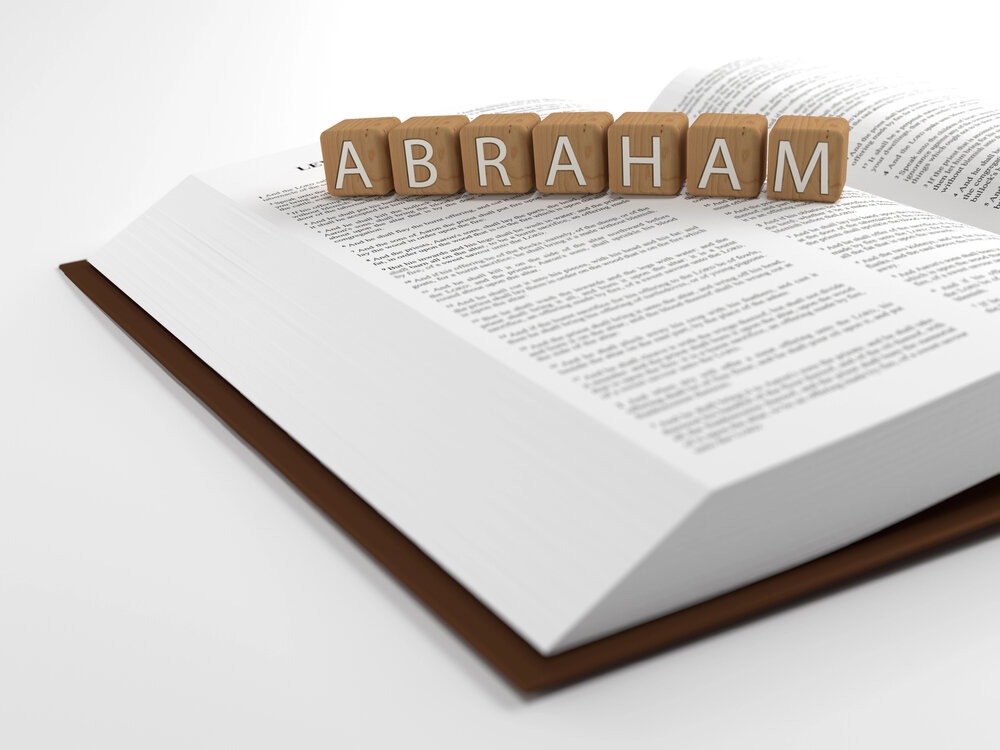C is for Confession: Lessons From a Not-So-Natural Teacher
I have always loved homeschooling. From exploring nature trails to sounding out ABCs to diving into big conversations about the Civil War—it has all been such a joy. But I have a confession to make: I’m not a natural-born teacher.
Does that surprise you? For years, I assumed every homeschooling mom had a built-in teaching gift. I thought I did too—until reality hit.
There were days when lessons ended in tears, sometimes my children’s, sometimes mine. More than once, I had to step away because I was the one crying in frustration. Can you relate?
My Confession
It’s never easy to admit a weakness, but here it is: teaching doesn’t come naturally to me.
When I finally owned up to that truth, I spiraled into self-doubt. How can I keep homeschooling if I’m not a teacher? Am I ruining my children’s education? Am I making a huge mistake?
That day ended with ice cream—because sometimes, ice cream really is the best comfort food. But what truly brought me peace wasn’t the sugar rush—it was what God reminded me in the days that followed.
My Realization
Even in my struggle, my kids were learning. They were growing. They were thriving—not because I was a flawless teacher, but because God was filling in the gaps.
That realization sent me back to Scripture. Proverbs 16:3 says, “Commit your works to the Lord, and your plans will be established.” I had committed homeschooling to Him, so I could trust Him with the results.
Psalm 37:4 reassured me further: “Delight yourself in the Lord, and He will give you the desires of your heart.” My desire to homeschool wasn’t random—it was planted there by Him.
And Philippians 2:13 sealed the deal: “For it is God who works in you, both to will and to work for His good pleasure.”
Friend, that’s when I understood—God was equipping me to teach, even when it didn’t come naturally.
How I Made It Work
If you’re not a natural teacher either, here’s some good news: you don’t have to be. God provides wisdom, resources, and community. Here are a few ways I’ve learned to lean on what’s available:
1. Teacher’s Editions and Answer Keys
Nearly every curriculum comes with some kind of teacher’s guide or answer key. These resources not only provide the correct answers but often give you step-by-step teaching suggestions.
For math, I leaned heavily on teacher’s editions and accompanying DVD’s—and my husband, who understands math much better than I do. For history and science, I learned alongside my kids. If the answers weren’t in a guide, I did some research, read the material myself, and figured out what I was looking for in their work.
And you know what? It wasn’t a burden—it was actually fun. God reminded me that I don’t have to know everything before teaching. I just need to be willing to learn.
2. The Internet
When I first started homeschooling, everything came from library books, field trips, and printed curriculum. My older boys didn’t even use the internet for research until high school!
By the time my younger two reached high school, I had discovered educational YouTube channels, free lectures, and online courses. Suddenly, we had a world of resources at our fingertips.
That’s when I realized: I don’t need all the answers. I just need to know where to find them.
3. Outside Classes and Co-ops
Sometimes, the wisest thing you can do is let someone else teach a subject. For me, that was math and science. When my older boys reached high school, we joined co-ops and tutorial centers where they could learn from teachers gifted in those areas.
Not only did this take the pressure off me, but it also prepared them for college-style learning and gave them experience in a classroom setting.
We also tapped into our local technology center, where they explored vocational classes like child care, computer tech, and criminal justice. Those opportunities gave them real-world skills and broadened their experiences.
You Can Do This
Maybe your confession is the same as mine—you’re not a “teacher” by nature. But here’s what I want you to remember:
- You don’t have to be perfect. God equips you as you go.
- Resources are everywhere. From teacher’s guides to the internet to local co-ops, you are not alone.
- Your calling matters. If God has placed homeschooling on your heart, He will also give you what you need to walk it out.
So, don’t let the fear of “not being enough” keep you from homeschooling. You are more than enough because God is with you in this calling.
Friend, your children don’t need a perfect teacher. They need a loving, faithful parent who points them to Christ, equips them to think, and shows them that learning is a lifelong journey.
And that is exactly what you are already doing.
Just Starting?
If you are new to homeschooling and need a little extra support for this adventure, you’ll love being on my email list. Sign up below for a weekly dose of encouragement along with a writing prompt you can use with your child(ren). Let’s raise writers and shape hearts—together!










